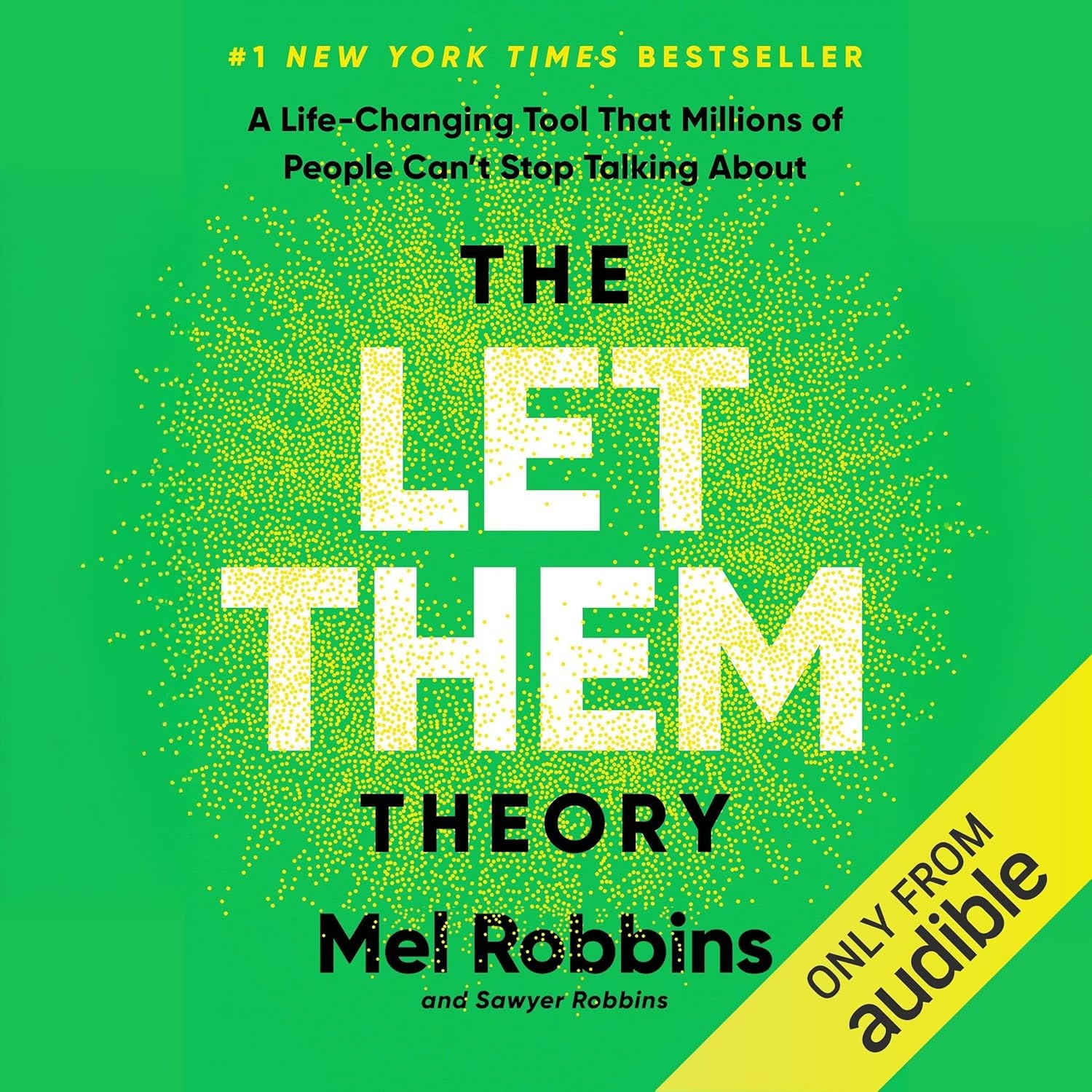![]() I loved to jump from high places as a little girl. Brick walls, a tree, my swing set…the moon. I needed to fly. With a lot of detours along the way, many which defied death and threatened my freedom, I made it alive to this day, now a mother of two young girls, ages eleven and fifteen.
I loved to jump from high places as a little girl. Brick walls, a tree, my swing set…the moon. I needed to fly. With a lot of detours along the way, many which defied death and threatened my freedom, I made it alive to this day, now a mother of two young girls, ages eleven and fifteen.
Motherhood shows me what I’d never named before. More than anything, I’m curious, and I look for humor and fun in my life as much as I search for serious meaning. I get much of this from my mother, the one who adopted me out of foster care after my “release” from prison, the mother who gave me the encouragement and the courage to live with curiosity. She gave me life in another way, while not by birth, by her gift of curiosity.
I came into this world with heroin in my veins. The prison records report I spat out my mom’s milk, my body so craved the drug it’d grown with. At six months, I still couldn’t take in milk so the prison nurse concocted a molasses formula.
Prison, because it’s my birthplace. Prison, because my mom at the time was sentenced while pregnant with me. Prison, because of her heroin addiction.
From this mother, I got her addiction, a year in prison – my first twelve months – and a restless, wild fire in my soul. It’s what drives me to push others and myself with an insatiable urge to take risks, and to break rules or make my own. For years this brought nothing but trouble. But I didn’t mind. I loved trouble. At home, in school, and then with my street feet up and down the West Coast breaking the law, I craved adventure of the dangerous kind.
After my adoption, all along while I grew up, my mother did everything she could to get my eyes off the ground and cheer up the melancholy in my spirit. I had childhood depression and what’s now called attachment disorder. I couldn’t engage with people but my mother never gave up. She urged me to notice the world around me, the beauty in everyday life.
“Look around,” she’d say on Sunday drives to the Japanese garden in Seattle, where I grew up. She’d call attention to the quiver of the dry grasses in a breeze. On our excursions to shop at the Public Market on Seattle’s the waterfront she encouraged me to pay attention to details around us. “Look at that red on the pomegranate,” I remember her saying. Or, “Do you like this texture?” and she’d pick up an artichoke. She loved birds, and would wrap her arm on my shoulder and lean to watch birds squabble and peck for crumbs at the Market entry.
I recall one day when we walked through the homeless park by the Market, she pointed out the beauty of lines in an old woman’s hands, folded across her lap. At the same time my mother offered some compassion, another lesson from her about the inequities in life.
I’d toss a begrudging glance at whatever she suggested, then again hang my head and stare at my feet. I’m surprised I’m not hunched over after all my childhood years of scouring the ground.
When I moved out at age seventeen, estranged from my parents for years, I’d receive letters from my mother in her miniscule fountain pen script: “Write me anything,” she’d say. “Tell me what the sky looks like at night, or about the fall leaf colors.”
I don’t recall the exact moment when I started to “look around,” but over time, my view of the world changed from an angry fear-filled woman into a woman with insatiable curiosity. Curiosity replaced my life of drugs, crime, and thrill seeking. Curiosity gives me the thrill and adventure I need. It’s this curiosity about the world to get outside of my withdrawn, timid girl-self, which saved me.
Like no one I’ve ever met, my mother’s curiosity and eagerness to know more, about anything, set the stage for what I teach my children today. Little did my mother know how, once I shed my shell, I’d break out farther than she could ever do for herself.
These days I’m lost in what I now call The Tutu Project. When a friend sent me a tutu skirt last month I started to wear it over jeans, sometimes tights and with boots, flip flops, or barefoot, all around the house. I worked at my desk in it, ate dinner with the family in my tutu, watched the news in it. Then I ventured outside into the world – the park, the farmer’s market. That’s it so far.
I never considered why I wore this tutu beyond how it’s just fun, plain and simple. It’s kooky and magical at the same time. Then I recognized it symbolized freedom and a curiosity to grab life, live it how I want, and when I want, no matter what others think. I’ve started to write tutu meditations, a Tutu Manifesto, and now, The Ten Commandments of the Tutu.
The first commandment: “Let it ruffle, and who cares if you’re the only one?” Just like life.
The tutu represents what I’ve had to do my whole life as I’ve grappled with my prison roots and all that followed. I’ve had to re-define and re-think my identity. We all do at various times through the many life cycles and opportunities for personal transformation: a new relationship, marriage, divorce, death, birth, adoption, financial or job change, a move to a new city. Don’t we all tweak our identity a bit as we go along?
I’ve come to recognize my identity as whatever I make it. The Tutu Project is about how to dump our preconceived notions and try on new ones, new ideas.
Even my eleven-year-old daughter finds her own wisdom about the tutu and her mama in one.
“It’s a little bit out of the ordinary,” she said one day when I picked her up after school, the tutu on the car seat next to her. “I think it means you’re spiritually free.”
It’s better than what she said the night before, also tutu-related. “You can’t be taken seriously sometimes.” She grinned, but still…
My girls well know my prison roots and some others parts of my story. When I asked her what she meant by “spiritually free,” she said, “It’s so opposite, the idea of prison and tutu. But it’s not when you wear it.”
My eleven-year-old gets it already. We live with imprisonment of all kinds and this tulle of rustles and ribbons represents a playful and curious freedom.
Both my mothers now gone, they still live on in me, and into my girls.
It saved my life, this view of the world through curious eyes, and now my girls explore and adventure right along with me. I won’t know until they’re older how it all plays out in them.
Right now at home, my latest instructions from my fifteen year-old came when I tucked her into bed the other night. We giggled about something, then:
“I don’t want to hear the word ‘tutu’ again,” she said. “Not a mention.”
I just take this to mean she loves me. One day she’ll find her own tutu. If we’re lucky, we all do.




Curiosity, change, and tutus… three beautiful things. And a beautiful essay. I look forward to reading more.
Very moved by this piece, and the perspective of a woman’s generosity and curiosity taking root in the rocky soil of a traumatized young child. This story is such a beautiful story of transformation and hope, and joy. Tutus will ever have a new meaning for me, as the power of curiosity…
The Tuto Project sounds very liberating. Can’t wait to read it.
GG
I love the honesty and vulnerability of this piece. It is simple, gentle, fun, deep, heartfelt…all at the same time. A journey of transformation that reverberates and echoes from both moms, through you, to your daughters. I very much look forward to your memoir, Deborah!
Look around. I can’t imagine more brilliant advice–or a daughter who made better use of it.
This is beautiful, Deborah. I weep for and celebrate your two mothers.
A beautiful story. I am transformed reading it.
I wish I had known, many years ago, that transformation was not only possible, but healthy and healing. Love this, Deborah. Your writing always finds its way into my very soul.
What a beautifully told story- makes me want to hug both the wonderful adopted mother for teaching Debra to notice the free lovely details of life, and for Debra over coming her past and depression!
Amazing. I feel blessed that Deborah seeked me out on FB! I want a tutu!
Wow, I really enjoyed reading this. Beautifully written. How excellent to be living a life more free of what contains us. Thank you for sharing.
What a great read!! I wanted it to go on and on. I can not wait for the book!!! You are an amazing gift to your girls… and them to you.
You’ve got the right words lady! Very nice.
“Beautiful, rich and inspiring! Thanks so much for sharing, Debra. I love how you wove your story together like a beautifully crafted tapestry!
Darcy, Cindy, Esther, thanks for reading. The tutu chronicles continue. About ready to launch the book. Glad and grateful you like the story, the tutu, all of it.
Finding you on FB has made a wonderful difference in my life. Your courage, whimsy, and sheer joy at everything inspires me to get out of bed in the morning to do good things:o The metaphor of you and your tutu transforms me in the same way as watching a ballet; my spirit is lifted off the ground and into the air along with the dancer and your tutu. You remind me at every moment of what is possible and I feel blessed to have you in my life. Next: T shirts that say: I’m a mutt and I love it! Or: Certified mutt.
Deborah, my Tutu reminded me today that prison is not an end, but rather a beginning. The sorrows I knew in prison have become the seeds of my liberation and my future. Thank you for that tangible reminder that we must all seek our own freedom…from the inside out. I love you for that.
Rachelle, so glad we’ve met, too. Yep, Mutt t-shirts on the way. Thanks for connecting in so many ways!
Charli, Your comments move me to no end. Thank you, and I’m thrilled you love your tutu. Beautiful words you write. The sorrows you knew in prison are now lessons for so many others. Big love to you, Sister-Friend.